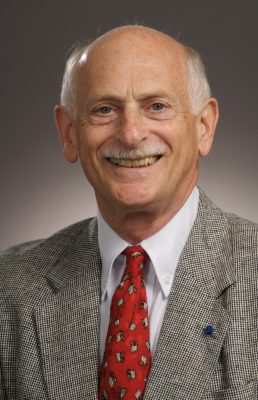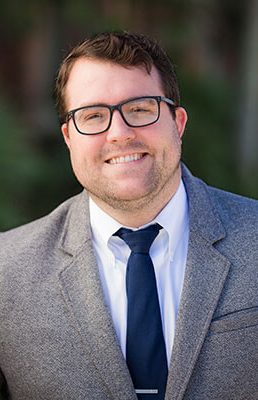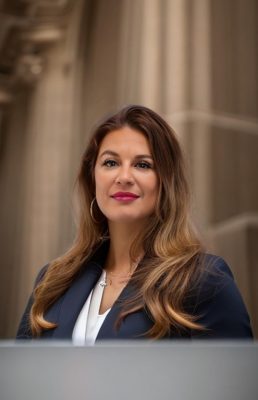
Cammy R. Abernathy received her S.B. degree in materials science and engineering from the Massachusetts Institute of Technology in 1980, and her M.S. and Ph.D. degrees in materials science and engineering from Stanford University in 1982 and 1985 respectively. She joined the University of Florida’s Department of Materials Science and Engineering as a professor in 1993.…

Establishing and maintaining productive research program, teaching courses at the undergraduate and graduate levels in the Nuclear Engineering Program, mentor and graduate Ph.D. students, participate in activities related to the profession.

Biomaterials; cell material interactions; stem cell differentiation; stem cell niche



Polymers, surface science, biomaterials, biomedical
applications of
polymers, guided tissue regeneration.

Structure/property behavior of polymers and composites, sol-gel
processing of nanocomposites, physical aging and long-term
performance of polymers.


Engineering and numerical analysis, reactor analysis, computer
graphics.


Luisa Amelia Dempere received her Ph.D. in Materials Science from the University of Florida. After receiving her doctorate, she was appointed as the Director of the Major Analytical Instrumentation Center (MAIC). She has been the director of MAIC for the last 14 years, and in 2012 she became also the director of the Particle Analysis Instrumentation Center (PAIC).…

Advanced space power and propulsion reactor systems, energy
conversion, advanced terrestrial nuclear power reactors, reactor
operations and safety.
Activation analysis, radiation and radioisotope applications,
nuclear spectrometry and instrumentation, plasma kinetics,
fission and fusion systematics.

Assistant Professor of Nuclear Engineering at the University of Florida (Current focus is to build a nuclear detection lab with accompanying research in neutron detection, fission physics and detector system development. Research areas include: neutronics in deuterated environments, Deuterium based recoil detectors, correlated fission neutron investigations.)
Applied AI and data analytics,Sensors,Energy,Space,Nuclear detection,National Security,Personalized learning,Lifelong workforce development



Molecular beam epitaxy of materials, wide bandgap semiconductor materials, materials characterization, gate dielectrics, high-power/high-temperature device fabrication and testing.



Engineered particulates, crystal growth modifiers, biomimetic, biomineralization polymer/ceramic composites, biomaterials.


Research Interests: Monte Carlo methods; neutron transport; nuclear safeguards and nonproliferation


Applied AI and data analytics,Sensors,Energy,Space,Nuclear detection,National Security,Materials Under Extreme Environments,Personalized learning,Experiential learning,Diverse talent pipeline,Public policy

Foundational AI,Applied AI and data analytics,Information storage and processing,Semiconductor,Energy,Materials Under Extreme Environments,Lifelong workforce development,Building a culture of inclusion and innovation,Experiential learning,Diverse talent pipeline



Surface reactions, characterization of surfaces and interfaces, Auger spectroscopy, electronic and optoelectronic materials, thin films, gas/solid reactions.

Electronic materials, optical properties of metals, alloys and
semiconductor materials, electro-transport in thin films, reliability
of electronic devices, corrosion-optics, thin films.

Electronic materials, semiconductor processing and characterization, ion implantation, transmission electron microscopy.



Applied AI and data analytics,Semiconductor,Energy,Space,Materials Under Extreme Environments






Fracture of brittle materials, fractography, fractal analysis of fracture, laminate composites.


Applied AI and data analytics,Space,Materials Under Extreme Environments


Mineral processing, surface chemistry, fine particle processing,
crystal modifiers.




